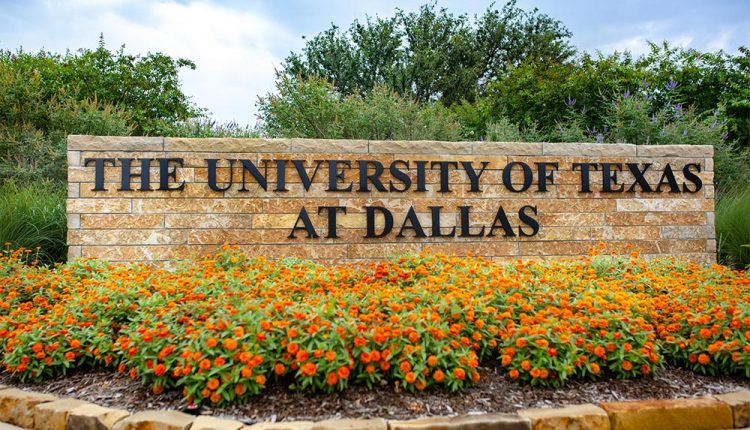University of Texas at Dallas Student Counseling Center Expands and Enhances Mental Health Services
The Student Counseling Center at The University of Texas at Dallas has broadened its services by expanding access to its mental health consultations and offering on-demand virtual mental health support.

Through the virtual health provider TimelyCare, students can use an app and website to access online care at no cost to them from licensed professionals. Services available via the TimelyCare app include mental health and emotional support, scheduled mental health counseling sessions, psychiatric services, peer support, health coaching, care navigation and self-care content.
The partnership with TimelyCare, which has been deployed at all 14 UT System institutions this fall, is one component of a $16.5 million investment by the UT System Board of Regents to expand and enhance student mental health and safety services, as well as alcohol- and drug-education resources.
Numerous studies confirm that strong mental health is a key component of academic achievement. According to a recent report by Gallup and the Lumina Foundation, 69% of undergraduate students who considered stopping their coursework cited emotional stress as their reason. Additionally, a report from the National Academies of Sciences, Engineering, and Medicine confirmed that mental health challenges significantly affect academic achievement and graduation rates in postsecondary education.
Dr. Jenna Temkin, director of the Student Counseling Center, said TimelyCare is specifically intended for college students and includes a 24/7 service called TalkNow, which allows texting or chatting with counselors for on-demand mental health needs or support.

“TimelyCare is a wonderful addition to the counseling we offer. We are so excited there will be supplemental services available,” Temkin said. “We really want to make a point of ensuring every student knows there are free and confidential mental health services on campus.”
The Student Counseling Center also has created more windows for 30-minute initial consultations with a UT Dallas mental health professional. During these virtual sessions, which can be scheduled online, students will be connected with the most appropriate mental health services.
“We recognized that when students are reaching out to us, it’s often at the point where they really feel some distress, and it’s already causing an impact,” Temkin said. “Maybe their issue has affected their sleep or class attendance, or they’re not able to concentrate.
Resources
Here are some of the services and resources provided by the Student Counseling Center.
“In those initial consultations, we sit with a student and talk about what they’ve been experiencing, their mental health history and what goals they have. From there, we can help a student come up with a plan.”
That plan could include brief individual counseling, psychiatry, group counseling or workshops and much more.
In addition to providing crisis services, the Student Counseling Center also encompasses the Center for Students in Recovery (CSR), which employs a licensed counselor of its own, Temkin said.
“The CSR, in the Student Services Building, is another place where students can find a safe environment, whether they are seeking recovery or they’re just looking for a supportive space,” she said. “Students can find assistance with alcohol and drug use, eating disorders and other areas. There are also peer-support groups.”
Through the counseling center’s Let’s Talk program, counselors also periodically visit residence halls and other buildings on campus for informal, nonconfidential chats.
“Sometimes a student might just want to sit with someone and say, ‘Can I run this by you? Can I get some support?’” Temkin said. “It could be roommate struggles, or maybe it’s something more difficult. The student will be able to talk about it with a counselor and figure out next steps.”

